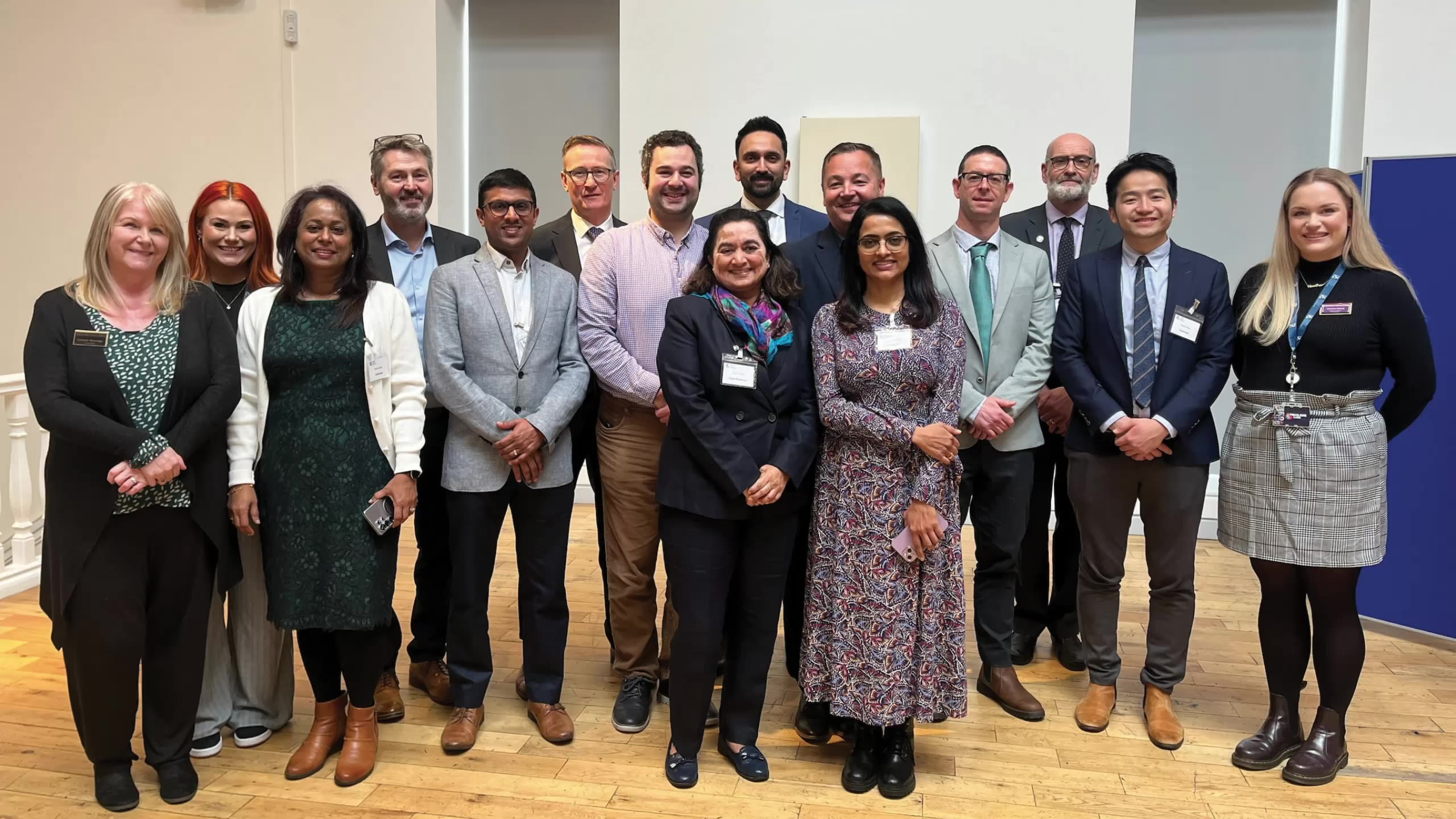Strengthening the dental workforce
Ulpee Darbar explores RCSEd Diplomas and the development of Level-2 performers

To address increasing demand for intermediate-complexity dental care and limited access to specialist services in the UK, NHS England introduced Level-2-commissioned services, delivered by dentists with enhanced skills (Level-2 performers).
The Faculty of Dental Surgery at the Royal College of Surgeons of Edinburgh developed new Diploma examinations to support general dental practitioners (GDPs) working at this level. These qualifications offer a structured and independent recognition of clinical judgment and applied knowledge and align with NHS accreditation frameworks. This article outlines the purpose, format and value of these Diplomas, and their role in addressing workforce needs and enhancing patient care.
The Faculty of Dental Surgery at RCSEd, founded in 1505, has long been at the forefront of setting professional standards in dentistry. Continuing this legacy, the Faculty introduced a suite of Diploma examinations in 2020/21, offering GDPs managing more complex cases an opportunity for independent, quality-assured recognition, without committing to full specialist training.
The emerging need for Level-2 practitioners
An ageing population and improved oral health have led to increased dental care needs, with more patients retaining teeth into later life. However, only 12% of UK dentists hold specialist registration and access to secondary care remains limited. These pressures have been compounded by the pandemic, which significantly disrupted dental service delivery.
To address this care gap, NHS England introduced Level-2-commissioned services, delivered by dentists with enhanced skills (DES) or Level-2 performers, across eight specialties:
- Endodontics.
- Periodontics.
- Prosthodontics.
- Oral surgery.
- Paediatric dentistry.
- Special care dentistry.
- Orthodontics.
- Sedation.
These practitioners operate between the generalist and specialist levels, providing enhanced complexity care in community or primary care settings. Accreditation as a Level-2 performer is achieved through a portfolio of evidence, including qualifications or cumulative clinical experience.
The RCSEd Diploma examinations directly support this national strategy, offering a standardised and respected pathway for GDPs to validate their expertise and contribute to this emerging workforce.
Diploma examinations: purpose and structure
These new Diploma qualifications formally recognise clinical reasoning, applied knowledge and judgment at a Level-2 standard. Although the exams do not assess hands-on competency, they provide validation from a respected independent body and are accepted as part of the Level-2 performer accreditation portfolio.
Target audience and value
The Diplomas are intended for GDPs who regularly manage complex cases but do not meet the criteria for specialist registration. These practitioners operate above the generalist level and can benefit from structured recognition of their capabilities. The qualifications are mapped directly against NHS Level-2 dental practitioner standards, supporting both professional development and improved patient outcomes.
Examination format and assessment approach
Each Diploma is a summative assessment composed of two parts:
1. Written paper
- Single best answer (SBA) format.
- Standard set at the level of a minimally competent Level-2 practitioner.
- Assesses applied specialty knowledge and clinical reasoning.
2. Structured oral examination
- Conducted over two days.
- Based on eight unseen clinical cases.
- Evaluates decision-making, case interpretation and integration of general and specialty knowledge.
The focus is on safe, evidence-based decision-making rather than technical clinical competency or specialist-level knowledge.
Pathway to the examination
The Diplomas are non-permissive – not required for progression but valuable for those seeking formal recognition. To be eligible:
- The candidate must be a GDP with a minimum of three years’ experience.
- There is no requirement for a formal training programme.
Preparation may involve:
- Self-directed learning.
- Continuing professional development courses.
- Review of the examination syllabus and blueprint, available on the RCSEd website.
- Attendance at RCSEd webinars and preparatory courses.
A Diploma webinar in periodontics, endodontics and prosthodontics was held on 22 May, with additional sessions for other specialties planned.
Benefits for GDPs
The successful candidates gain the post-nominal Dip RCSEd, become an Associate of the Faculty of Dental Surgery and obtain a credential recognised in NHS England’s Level-2 performer accreditation process.
This pathway supports career development, public confidence and enhanced clinical roles without requiring specialist registration.
Implementation and expansion
The College delivered the first diet of Diplomas in endodontics, periodontics and prosthodontics in March. A second sitting is scheduled for February/March 2026. New Diploma diets were launched in paediatric dentistry and sedation in May. Future diets in oral surgery and special care dentistry are in development. These additions will further expand access and support for GDPs across all Level-2 service areas.
Conclusion
The development of the RCSEd Diploma examinations represents a significant and timely response to challenges within UK dental care. By offering structured recognition for general practitioners delivering intermediate complexity care, the College is supporting a more flexible, responsive and skilled workforce. These qualifications provide a bridge between general and specialist practice, contributing to improved patient access and outcomes. As NHS commissioning and workforce models continue to evolve, RCSEd remains committed to providing high-quality assessments that meet the needs of both professionals and the public.
Further information
For examination syllabi, application details and webinar registration, visit rcsed.ac.uk/education-exams/exams. For queries, email dental.exams@rcsed.ac.uk
Further reading
NHS England. Introductory Guide for Commissioning Specialist Dentistry Services. 2015. Available at https://www.england.nhs.uk/commissioning/wp-content/uploads/sites/12/2015/09/intro-guide-comms-dent-specl.pdf (accessed September 2021)
NHS England. Guidance for Commissioners on the Accreditation of Performers of Level 2 Complexity Care. 2018. Available at https://www.england.nhs.uk/wp-content/uploads/2018/09/guidance-for-the-accreditation-of-performers-of-level-2-complexity-care-dec-2018.pdf (accessed December 2020).
Stennett M, Tsakos G. The impact of the COVID-19 pandemic on oral health inequalities and access to oral healthcare in England. Br Dent J 2022; 232: 109-114.
Westgarth D. Where are all the specialists? BDJ In Pract 2020; 33: 12-16
General Dental Council (GDC). Specialist List Statistics, 2023.
Royal College of Surgeons of Edinburgh. Diploma Examination Syllabi and Learning Outcomes. [www.rcsed.ac.uk]
Rooney E. The evolution of dentists with enhanced skills. Faculty Dent J 2015; 6: 66-69.
Health Education England. Framework for Enhanced Dental Skills in Primary Care, 2022.
Read more



